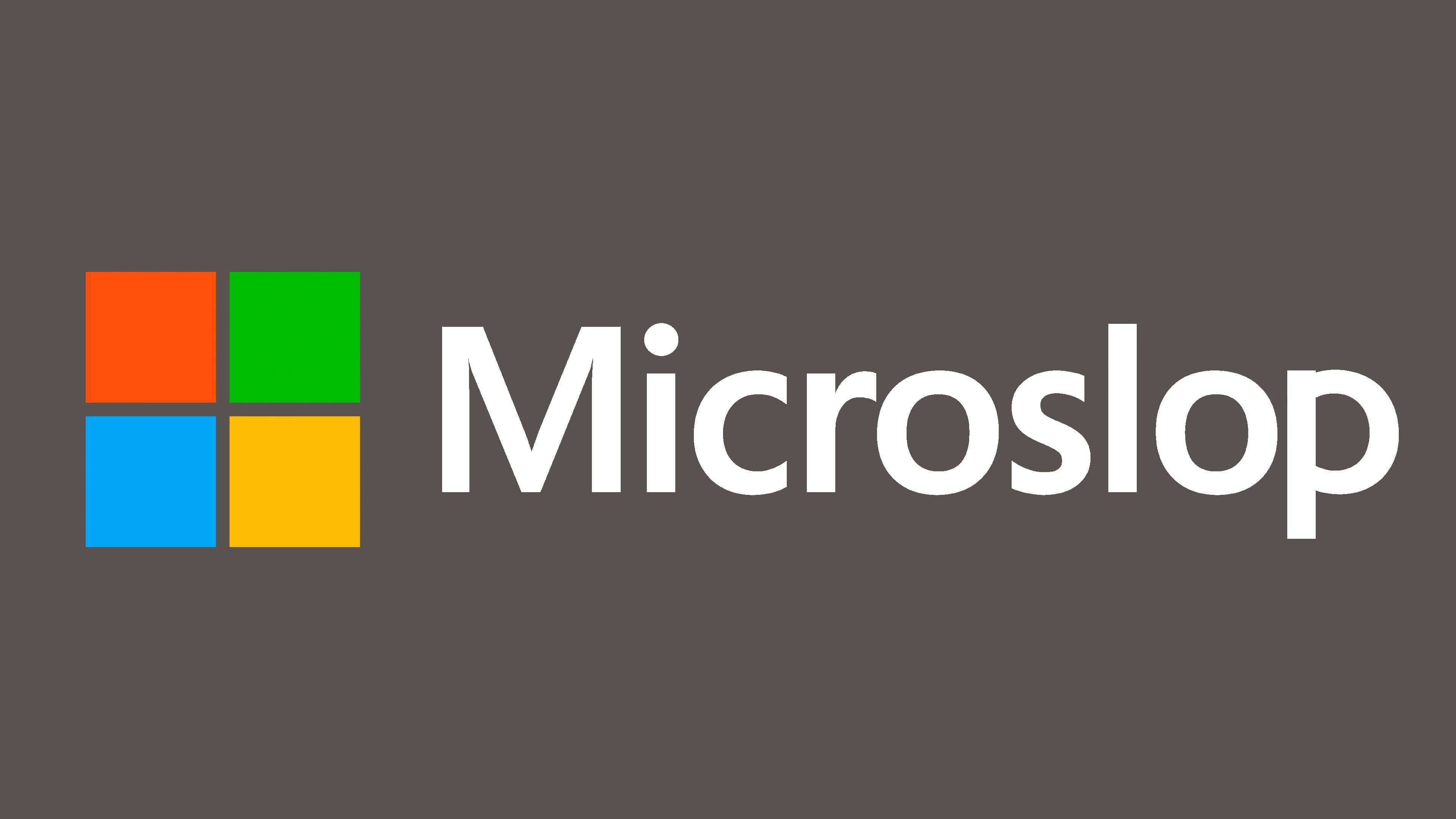This is how often the Microsoft Band checks your heart rate
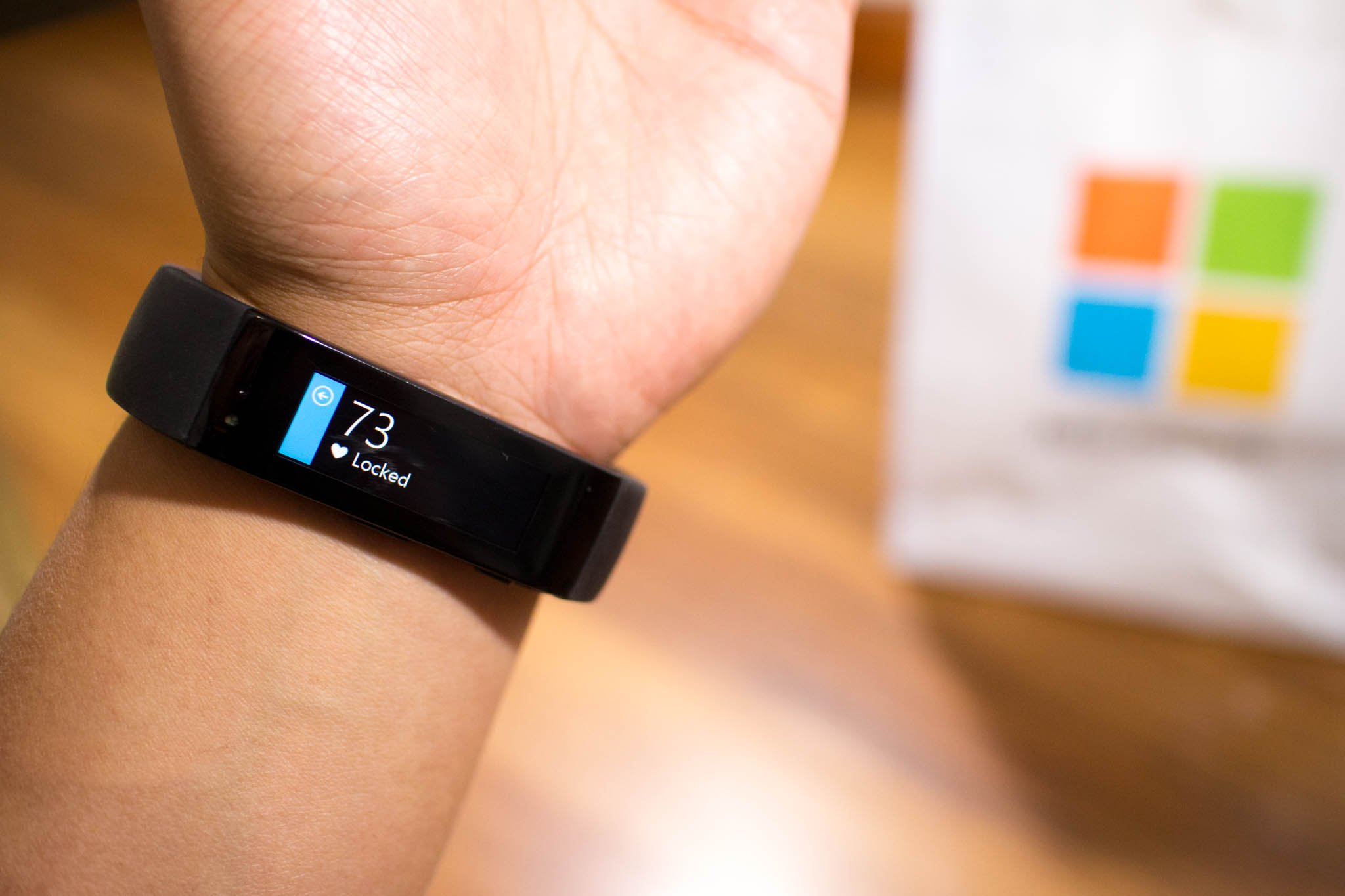
The Microsoft Band is making some waves in tech media these days with most initial impression articles giving praise to the new health tracker. Sure, there are some quibbles here and there on design or comfort, which is predictable, but overall, many users seem to be quite happy with their new wrist accessory.
Over in our Microsoft Band forums, an interesting question about the Band's heart rate monitoring came up. Specifically, people were wondering what does it mean to monitor your heart rate continuously?
I decided to find out and asked Microsoft.
On the face of it, this seems obvious but in practice, it can mean many different things. Sampling rate for any technology is something with which we find significant variation. Even when I worked in neuro-labs doing electroencephalograms (EEG), the rate at which the samples are taken, and the amount of channels used varied from lab to lab, experiment to experiment.
Another concrete example is video. You could say a video camera records continuously, but this does not tell you anything about the sample rate aka frames per second (FPS). A video camera recording at 5 FPS captures fewer images than one recording at 120 FPS. They are both continuous video but not analogous in terms of richness of data.
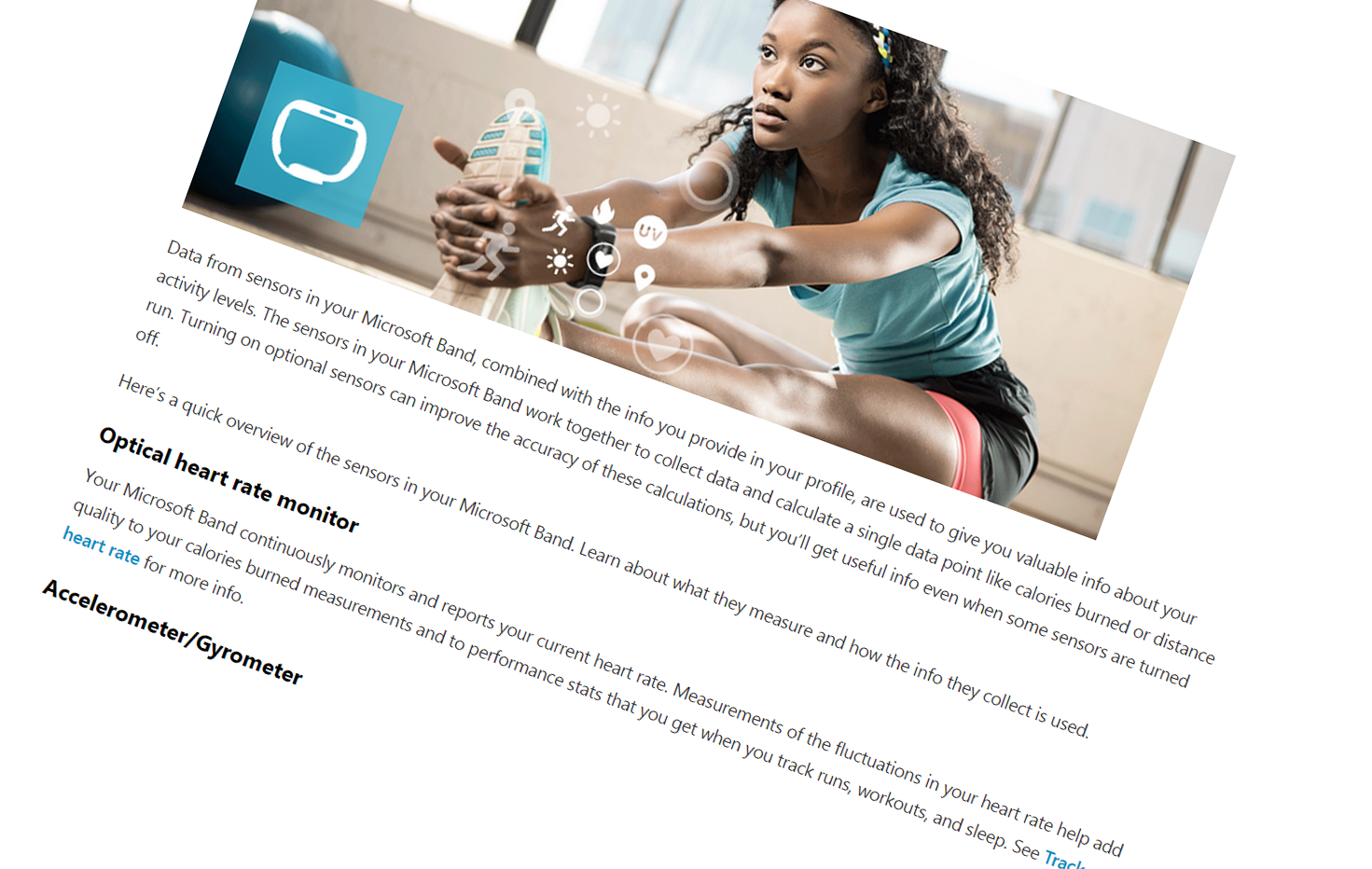
The problem
Many users have played with the optical heart-rate sensor found on the Microsoft Band, and with different expectations comes different outcomes. Some people found that the band seems to be always 'acquiring' a signal when they tap the Me Tile to see their heart rate. That has led some people to believe that the heart rate monitoring is not working, as it should. Others believe that the Microsoft Band cannot accurately pull in heart rate data from the top of the wrist.
Such experiences come from a common misunderstanding of how this technology works.
All the latest news, reviews, and guides for Windows and Xbox diehards.
Rates of heart rate data acquisition
We asked Microsoft specifically about how often the Band acquires your heart rate, and they were more than happy to provide the information.
We asked about three specific scenarios: regular activity/step counting, sleep, and workout/run mode. Here are the three conditions
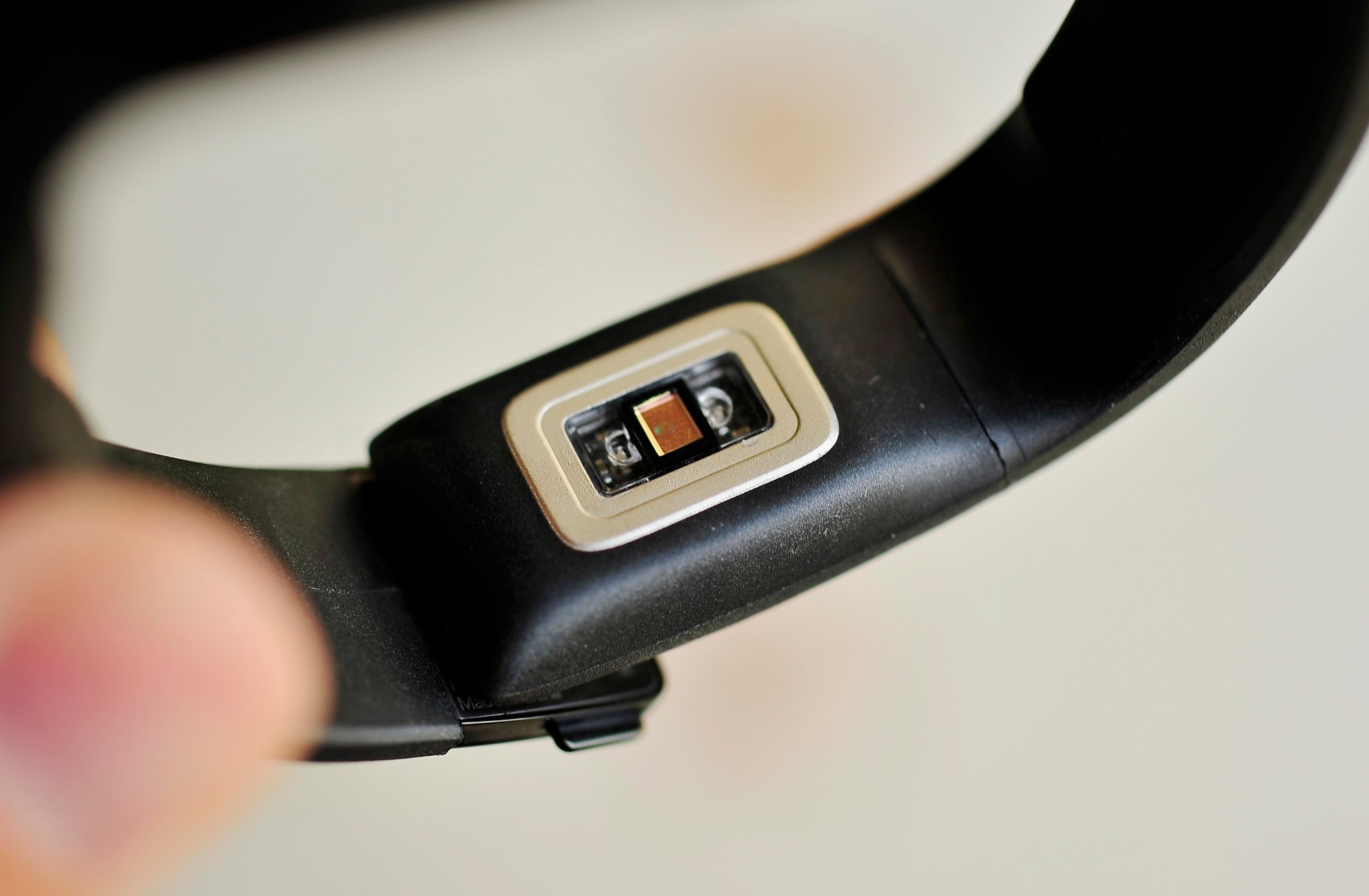
Microsoft Band heart rate sampling frequency
- Exercise modes (Run and Workout): Heart rate records every second
- Sleep tracking : 2 minutes on, 8 minutes off. Repeats throughout duration
- All other times : 1 minute on, 9 minutes off, and repeating the cycle
- Manual: You can force-check your heart rate at any time by tapping the Me Tile
When the Microsoft Band is just being worn under regular conditions, users can expect ten-minute intervals for heart rate data collection, which is six data points an hour. During sleep, the heart rate monitor is working slightly harder, taking a longer periodic sample.
Finally, during exercise when the user puts the Band into Workout or Run, the Band goes into a high-performance mode collecting a user's heart rate once every second.
Why this matters
Heart rate, when combined with your physical stats like age, weight, and height, can help better determine caloric burn. Heart rate, in theory, measures your body's exertion. Combined with the movement measured by the Band's sensors, you get a more accurate estimate of calories burned during exercise (as opposed to just movement and no heart rate data).
Accuracy for caloric burn during exercise is more important than knowing how much (or how little) you are not burning while sitting on the couch. For sleep, it is a little more important for other reasons, including detection of sleep disturbances, possibly related to breathing disorders like sleep apnea or general stress.
The reason the Microsoft Band does not record every second for 24-hours a day should be apparent: battery life .
Turning on the green LED optical sensor and leaving it on drains the Band's batteries within hours, instead of days. Considering those batteries need to power a color touch screen and nine other sensors, the Microsoft Band has a lot to do, so conserving power is a priority.
There is also the question of value. Having constant heart rate data during exercise is crucial, but the science is a lot less reliable for just lounging around or walking to the kitchen. It may sound nice to have a heart rate monitor that can follow your heart 86,400 times a day but so far there is no practical need for that much data.
As someone who worked in the medical field with patients, I find Microsoft's choices for heart rate sampling to be acceptable, and appropriately prioritized.
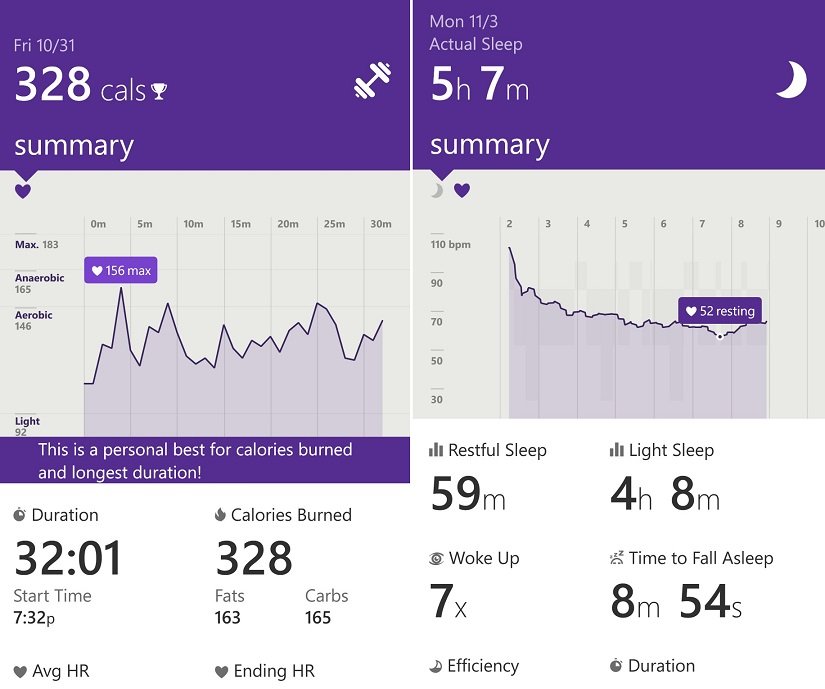
Working for you
In conclusion, the Microsoft Band blends technology with smarts to deliver a well thought out product. The Band records your heart rate when most needed and backs down when it is not, letting the device last two days on a single charge.
You may not see the heart rate monitor acquiring your pulse every second, but be assured that it is working behind the scenes, just as Microsoft intended. Likewise, the Band acquires your heart rate regardless of position on the wrist. The important thing to remember is it is about consistency and change over time.
You can see a graph of your heart rate by going into Steps, Calories, Night, Exercise and Run tiles in the Microsoft Health App and then tapping the graph. That switches graph modes and reveal your heart rate, spanned over the entire day with highs, lows, and more.
We are doing more with the heart rate sensor on the Microsoft Band in the coming days, including comparing it to chest straps worn during exercise. Stay tuned.

Daniel Rubino is the Editor-in-chief of Windows Central. He is also the head reviewer, podcast co-host, and analyst. He has been covering Microsoft since 2007 when this site was called WMExperts (and later Windows Phone Central). His interests include Windows, laptops, next-gen computing, and wearable tech. He has reviewed laptops for over 10 years and is particularly fond of 2-in-1 convertibles, Arm64 processors, new form factors, and thin-and-light PCs. Before all this tech stuff, he worked on a Ph.D. in linguistics, performed polysomnographs in NYC, and was a motion-picture operator for 17 years.
